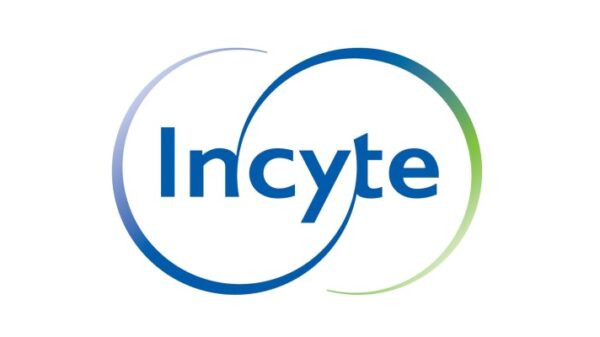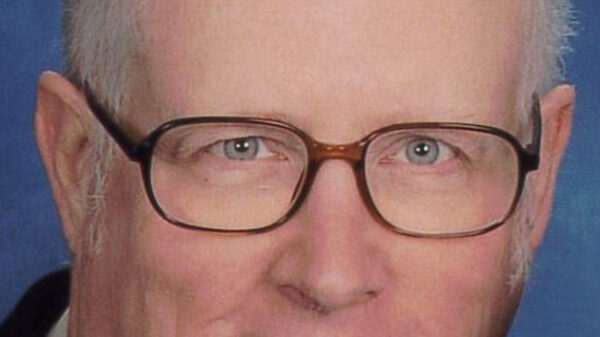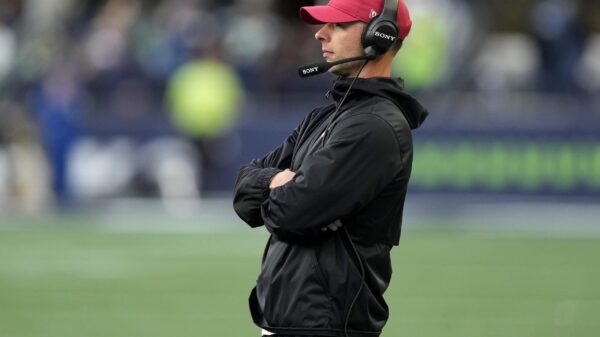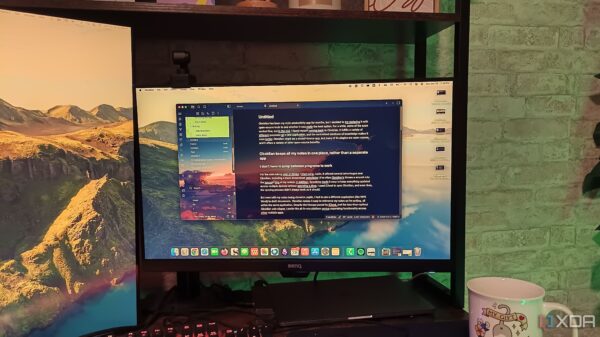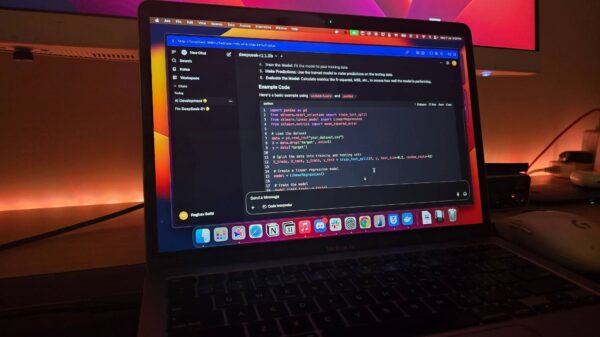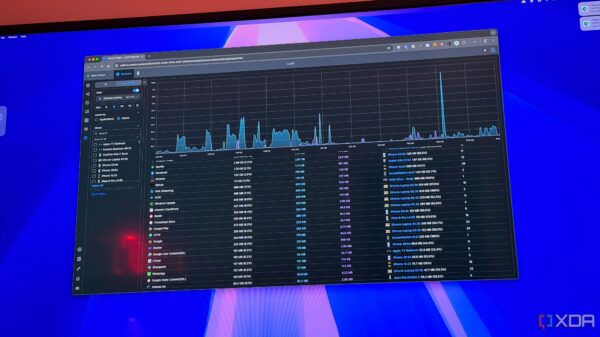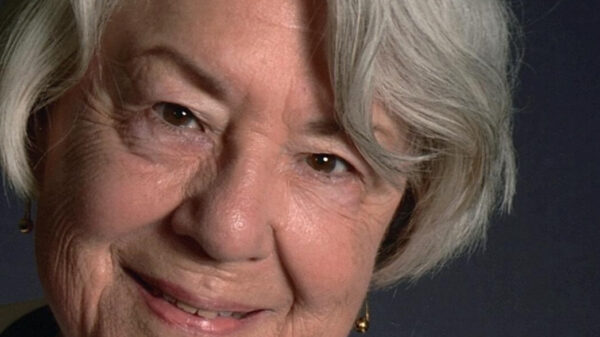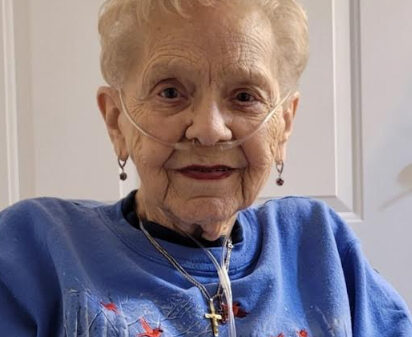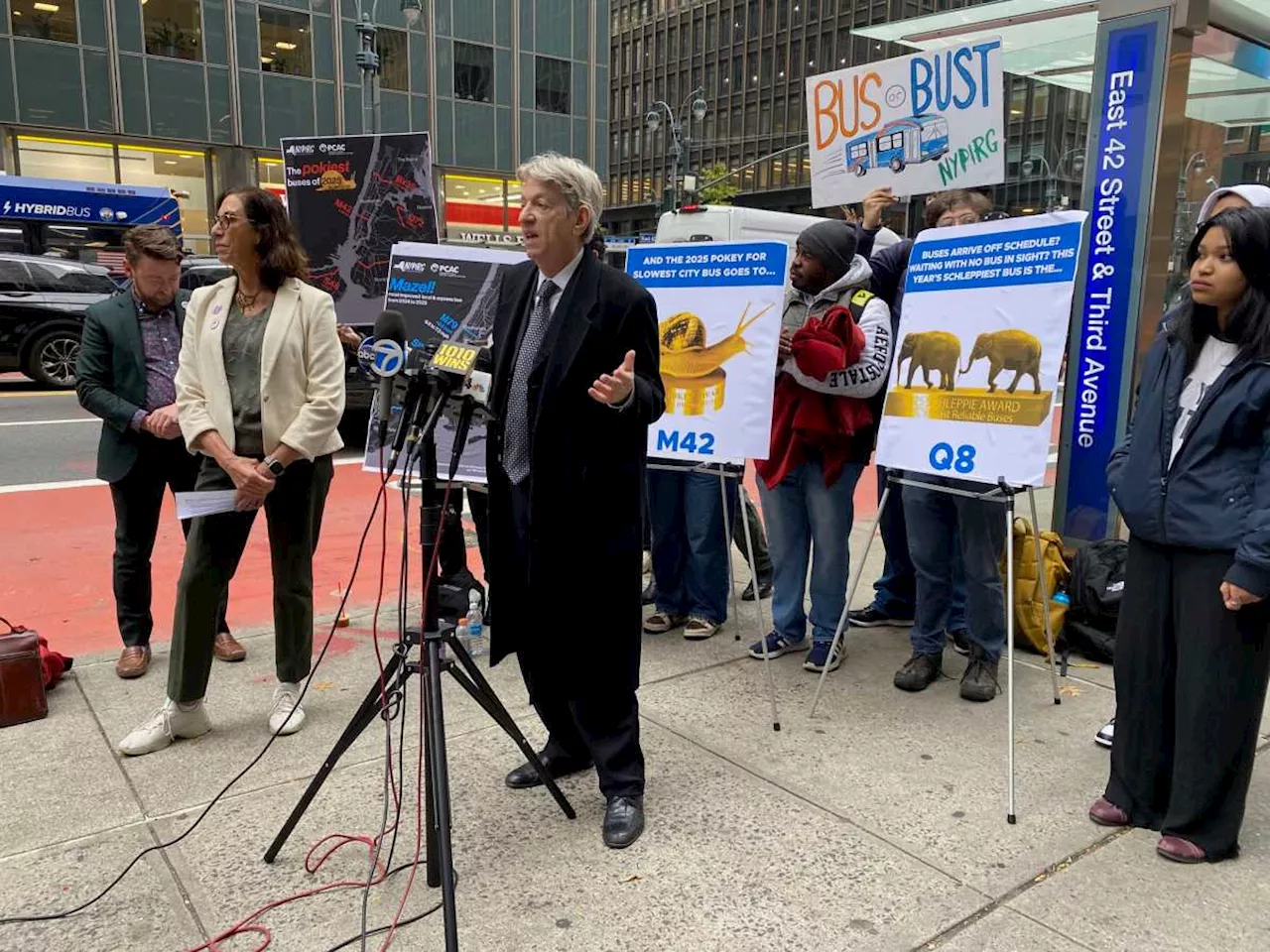Transit advocates in New York City have unveiled the winners of the annual Pokey Awards, highlighting the slowest bus routes in the city. This year’s award ceremony, held on March 15, 2024, recognized the M42 crosstown bus in Manhattan for its painfully sluggish average speed of just 5.25 mph, which is comparable to that of a typical jogger. The Q8 bus route in Queens also received criticism for its lackluster performance.
The Pokey Award, presented by the NYPIRG Straphangers Campaign, ranks over 200 bus lines based on their speed and the wait times passengers endure at stops. Natasha Elder, regional director of the NYPIRG Straphangers Campaign, commented on the M42’s speed, stating, “The M42 may be moving faster than in 2022, but at just over 5 mph, it’s still crawling along.” Elder emphasized that while congestion pricing initiatives are beginning to alleviate traffic in Midtown, significant improvements in bus service require strong enforcement of bus priority projects.
The ceremony took place near the busy intersection of 42nd Street and 3rd Avenue, where organizers aimed to shed light on the pressing need for investment in New York City’s bus infrastructure. They stressed that the slow service experienced by riders is not merely an inconvenience but a critical issue that demands attention.
This year’s event also introduced a new accolade, the Mazel Award, which recognizes the most improved bus service. The M79 route received this honor after increasing its average speed from 6.63 mph to 7.25 mph. Lisa Daglian, executive director of the Permanent Citizens Advisory Committee to the MTA (PCAC), noted, “This shows demonstrable progress for the bus route.”
Additionally, a second Mazel Award was given to the SIM32, an express bus connecting Staten Island to Lower Manhattan, which improved its speed from 15.1 mph to 17.1 mph. Despite these advances, transit advocates urged the Metropolitan Transportation Authority (MTA) and the New York City Department of Transportation to continue addressing the slow speeds of many bus routes.
Elder pointed out that although the average speeds of the slowest buses have seen slight improvements since 2022, these gains remain insufficient. Brian Fritsch, associate director of PCAC, remarked, “While congestion pricing and the bus network redesigns have resulted in significant improvements for buses, we continue to need a partner at New York City Hall who will follow the NYC Streets Plan and be responsive to the needs of riders.” He added that with the implementation of their recommendations, it is possible to achieve bus service that moves faster than “a chicken.”
MTA Board member Andrew Albert highlighted the agency’s ongoing efforts to enhance bus service through camera enforcement aimed at penalizing drivers who park or drive illegally in bus lanes. John McCarthy, chief of policy and external relations at the MTA, acknowledged that various obstacles hinder bus operations. “As much as I’d like to accept the award for the M42, it’s really not the bus’ fault,” he said. “The bus wakes up in the morning, and it wants to provide great service, it wants to go fast. The problem is that things are in the way. It’s the street, it’s the road, it’s the vehicles blocking buses.”
The Pokey Awards serve as both a critique and a call to action for improvements within New York City’s transit system. As the city continues to grapple with congestion and rising ridership demands, advocates emphasize the importance of prioritizing efficient and reliable bus services for all residents.









